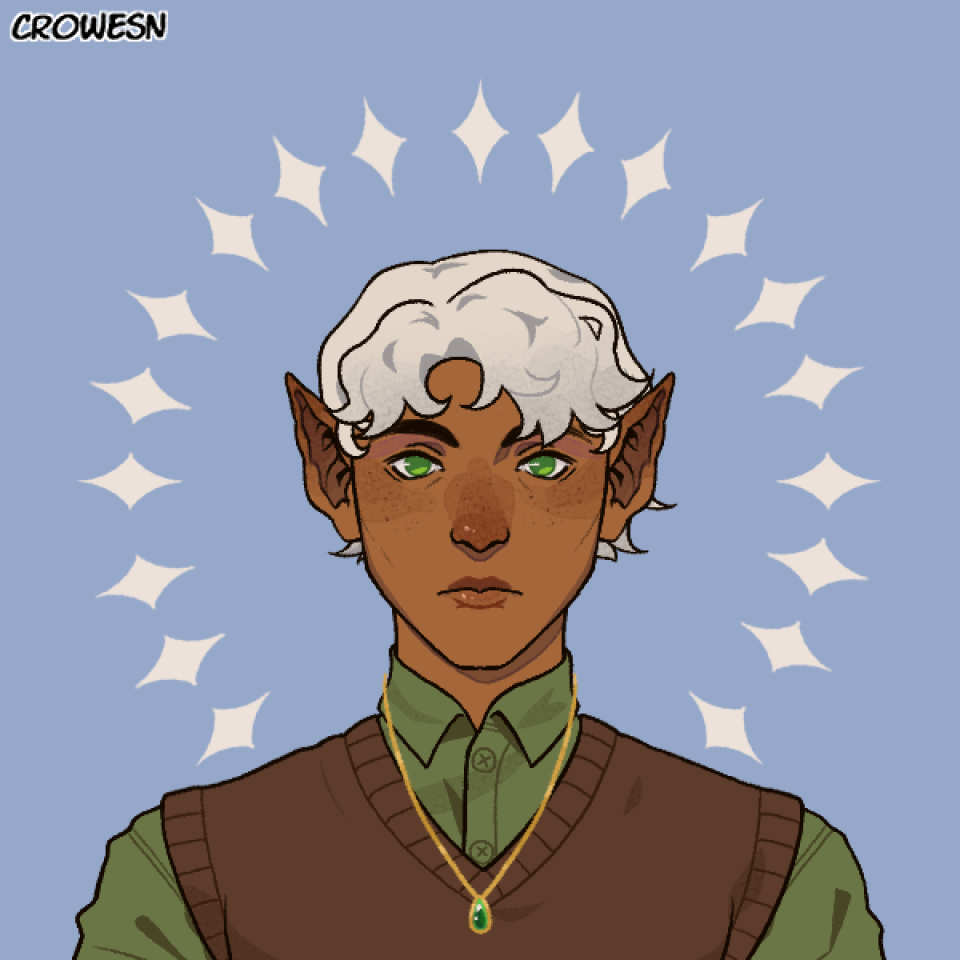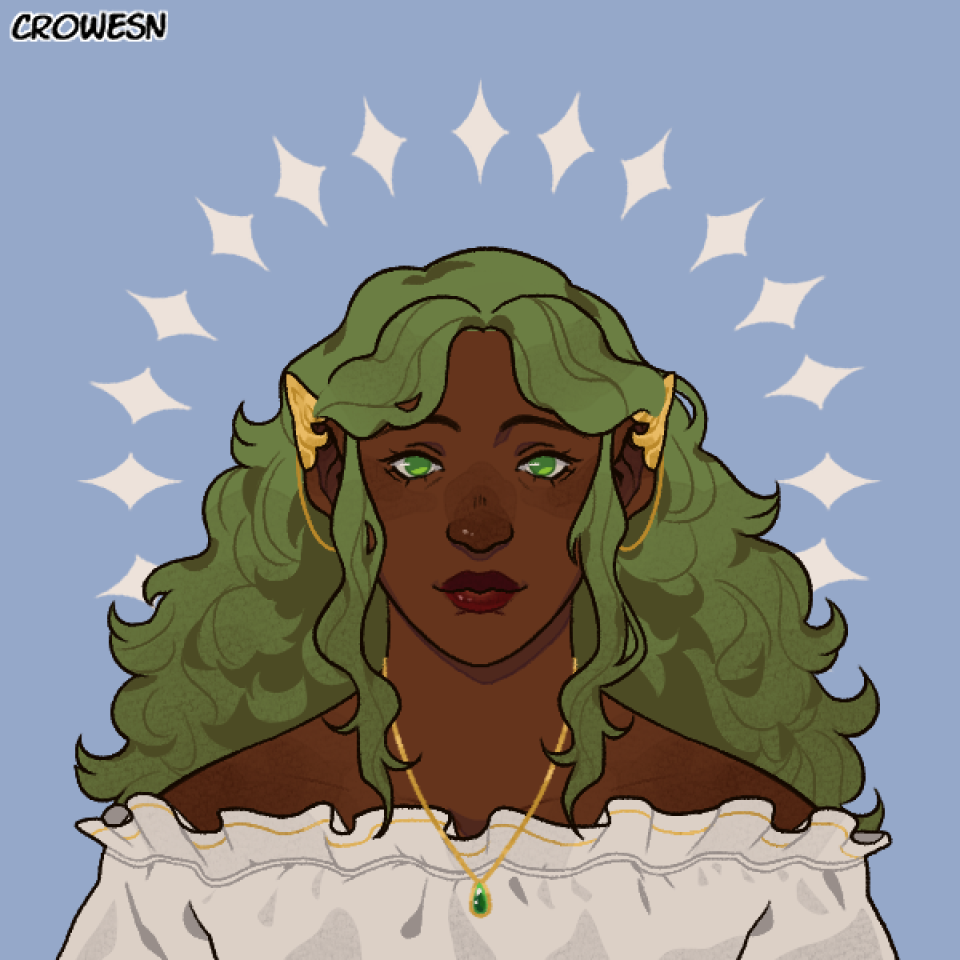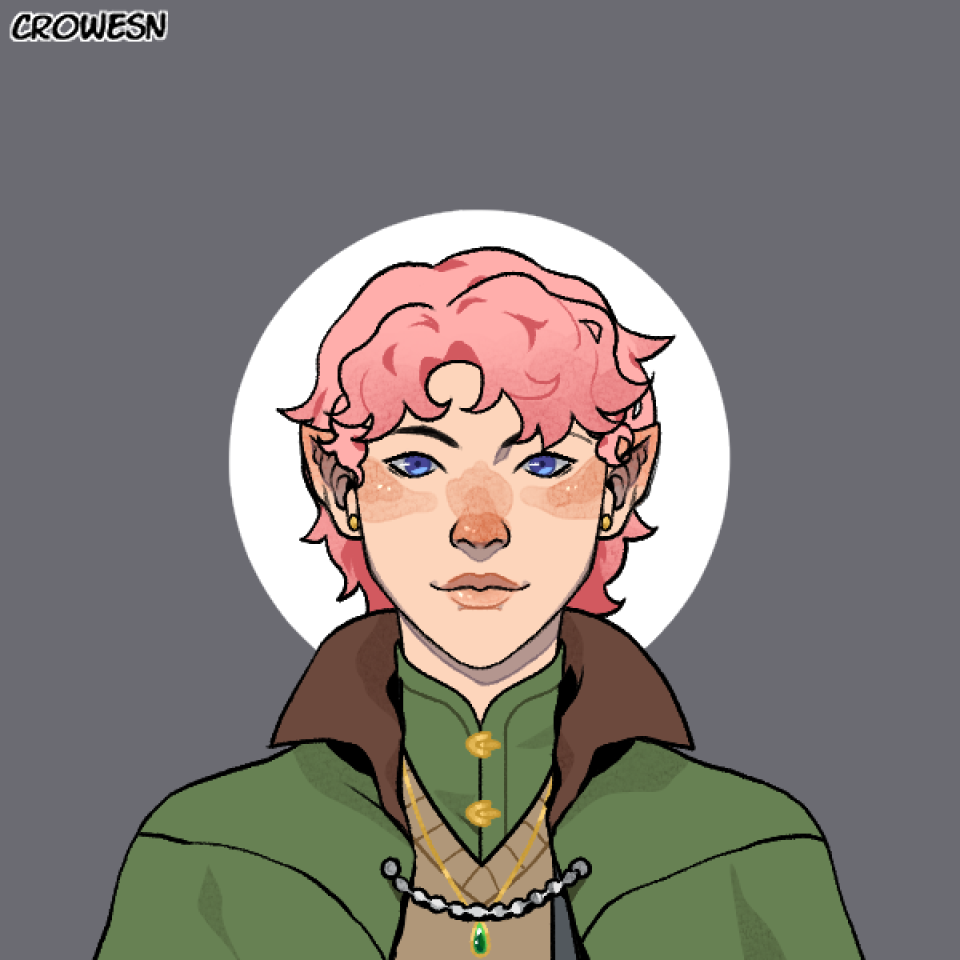King Adelio Affean
The only child of Marios (b. uhh) and Malia (b. 19–) Ellris, the Grand Duke and Duchess of Thalassia, Adelio Heron Ellris was born and raised in the Apótomos Estate in Sipporah, a major port city in the duchy. He grew up in a cold, brutal household that greatly contradicted the image his parents put out. As a child he focused on his studies, hoping to meet the high expectations his parents had for him so he could earn his family’s stone and his rightful position as heir, but it became apparent over the years that neither were to occur. Until he was a young adult, his life was extremely isolated—tutors and nannies stayed only a year or two before being replaced, maids that defended a young Adelio were swiftly fired, and he was not allowed to form any personal attachments with those his age and other nobility—but he, knowing nothing else, continued to seek perfection in what he could do. Adelio has always been short and direct in conversation and often avoids conversations that do not interest him and rarely finds himself among a crowd of people.
Upon seeing the people of Thalassia struggle as a young teenager, he quickly took an interest in finances and agriculture and began to, with the help of the duke’s financial advisor, reallocate funding to support the people he was bound and determined to serve.
At 20, Adelio received notice the newly-crowned queen, Eulalia, had selected him to rule beside her. Within two weeks, he was married to a stranger. While out on a walk not long after their marriage, the two discovered and readily took in Rowan (b. 1995). In the fall of 1996, their son, Knox, was born.
As king, Adelio often works on the logistics of the initiatives spearheaded by his wife and abstains from most social gatherings. He has continued to quietly govern Thalassia unbeknownst to his parents. Communication between his parents and him consist only of derisive missives sent to him. Despite what is said about him, he cares deeply for his family, and does all he can for them, though his words can be misconstrued due to his directness.



